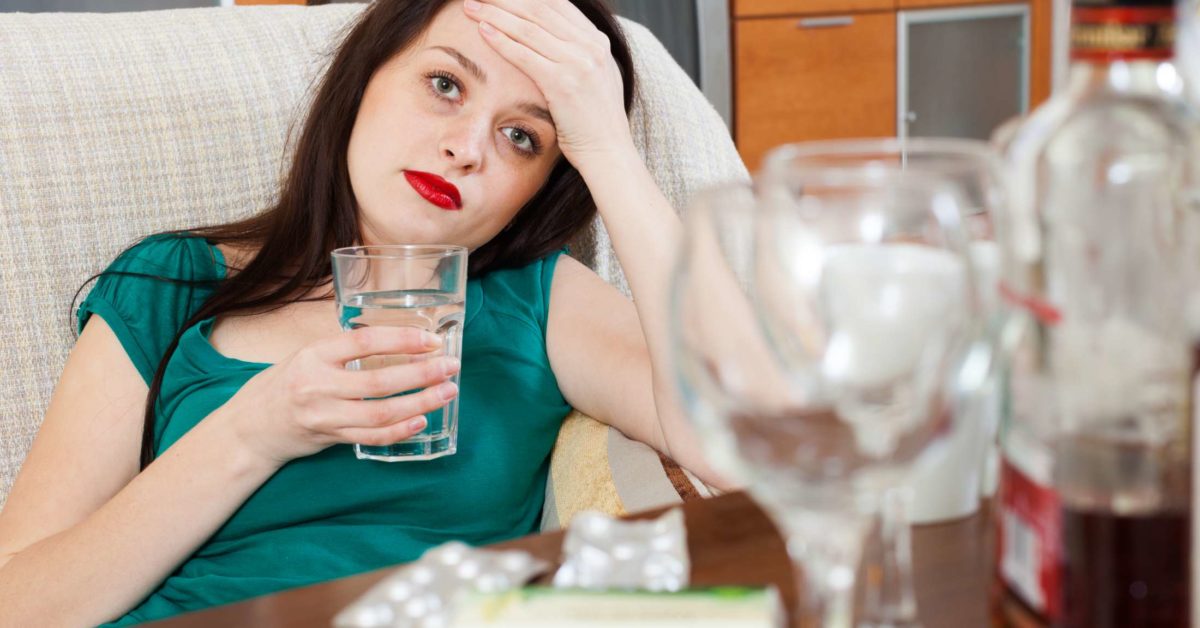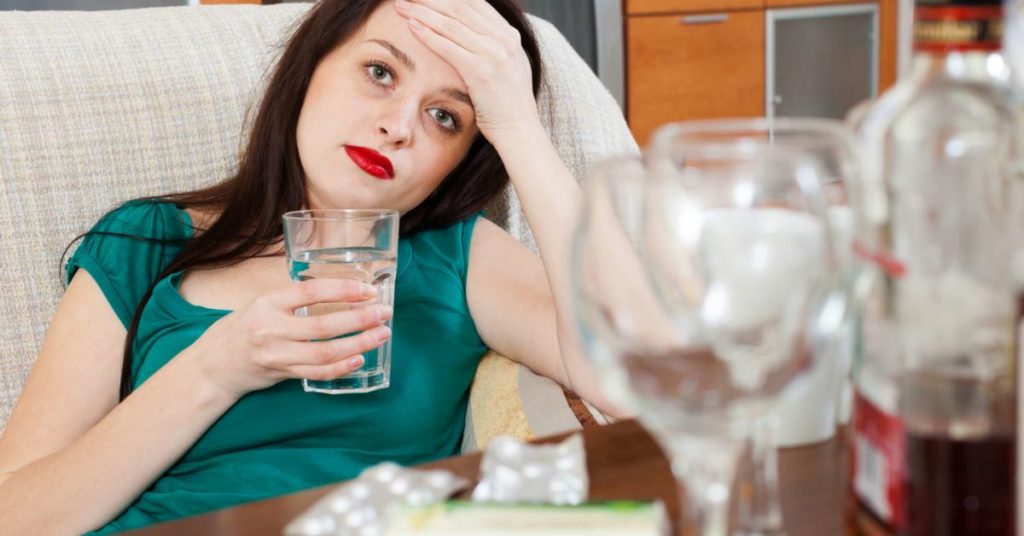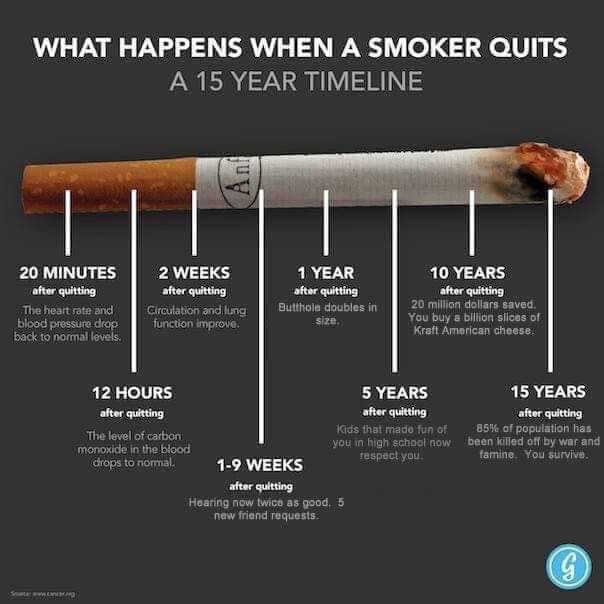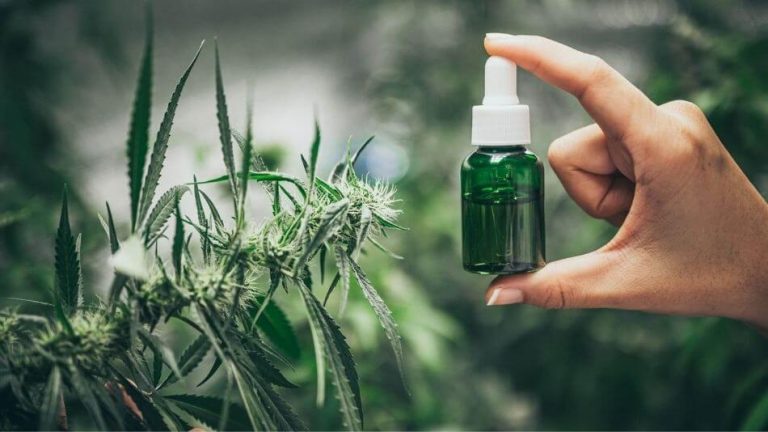How To Recover From A Night Of Drinking

How To Recover From A Night Of Drinking
According to the U.S. Centers for Disease Control and Prevention (CDC), binge drinking is a common but avoidable public health issue. It is common across the U.S. for a night out with friends to turn into a binge drinking session.

What Constitutes Binge Drinking?
Binge drinking means drinking an amount of alcohol that raises blood-alcohol concentration (BAC) levels to 0.08 percent or higher in two hours.
For men, it takes about five or more drinks to get to this level. For women, it takes about four or more drinks.
Everyone is different, however. Some people may be able to handle more or less than this amount. How fast you drink will also affect the severity of your binge drinking session. People who drink the same number of drinks more quickly will raise their BAC faster.
The good news is most people who binge drink are not dependent on alcohol. Adults between the ages of 18 and 34 years old are the most likely to binge drink. Still, half of the binge drinking occurs with people age 35 or older. Most underage drinkers report consuming their alcohol in binge drinking sessions.
In the United States, men are more likely to binge drink than women. Get Immediate Treatment Help.
Risks of Binge Drinking
There are many risks and problems linked to binge drinking and problem drinking such as:
- Dependence on alcohol
- Accidents and injuries
- Falls
- Burns
- Crashes
- Alcohol poisoning
- Memory issues
- Sudden infant death syndrome
- Unwanted pregnancy
- Sexually transmitted infections
Binge drinking also has a role in social problems, such as domestic violence, child abuse, homicide, and even suicide.
The University of Rochester Medical Center states that alcohol is a depressant that affects the central nervous system (CNS). It does so by affecting two types of neurotransmitters in the brain.
- Excitatory neurotransmitters. These make many reactions and functions in the body possible. They make your body react quickly to certain events.
- Inhibitory neurotransmitters. These neurotransmitters provide your body with a calming effect. This makes your body react to things more slowly.
Alcohol works by interrupting the normal balance in your nervous system. It causes your inhibitory neurotransmitters to increase while decreasing the effect of the excitatory neurotransmitters in your body. This means that while you are drinking, your brain will release extra dopamine, the chemical that makes you feel good.
Side Effects of Alcohol
The side effects of alcohol can be felt by anyone who drinks even a moderate amount, but people who binge drink are more likely to experience some of the following:
- Mood swings
- Problems with memory
- Slurred speech
- Difficulty focusing
- Drowsiness
- Reduced heart rate
- Slowed breathing
- Blackouts
Consistent binge drinking could make you more tolerant of alcohol and its effects. You might need to drink more to achieve the same effects as before. This compounds the risks of binge drinking. Since it takes more alcohol to get drunk, you are more likely to consume increasingly larger amounts. This makes alcohol poisoning more likely.
These effects go away after your liver removes alcohol from your body. However, you may wake up with a hangover after a night of binge drinking. The medical name for a hangover is veisalgia. I am ready to be sober.
What Happens in Your Body After You Binge Drink
Binge drinking results in next-day hangovers in the best of cases. After you have consumed excess alcohol, your body metabolizes it as a chemical called acetaldehyde.
This metabolite is known for its toxic effects. It contributes to nausea, headaches, and could worsen depression in some people. Drinking too many causes the blood vessels to expand. This process has been linked to migraines, as the blood vessels contract to their normal size. Your body will hurt whenever your blood vessels expand or decrease in size.

Alcohol interrupts your regular sleep cycle. The interruptions to your brain’s natural chemicals also make you more sensitive to sound and light. Ultimately, you are also suffering from a lack of sleep when you are dealing with a hangover.
Along with being a depressant, alcohol is a diuretic. The night before your hangover you probably made a lot of trips to the bathroom because alcohol blocks the antidiuretic hormone. This can leave you dehydrated.
According to VICE, you may become nauseous because alcohol causes your stomach to become inflamed.
In addition, alcohol passes more quickly through the intestines and colon, and water is not effectively squeezed out of the stool. This combination of reactions contributes to vomiting and diarrhea. In some instances, a binge drinking session may have the opposite reaction and lead to constipation.
Maintaining focus while hungover is often difficult.
Because of everything else happening in the body, your electrolyte levels are not optimal.
This imbalance may affect your heart, and you may even have an irregular heartbeat as a result of binge drinking. In addition, you may find yourself more emotional during a hangover.
The imbalances in your electrolytes, dehydration, and the rebalancing of your hormones may cause you to feel more volatile as the body tries to heal itself.
Steps To Take After Binge Drinking
According to Harvard Medical School, there are no official cures for a hangover. Still, there are some things you can do to feel better as you try to recover from a night out.
Try coffee or tea
These do not make a hangover go away any faster, but they may help you stay more alert as your body is rebalancing itself. You can overdo it with caffeinated drinks, so be careful with how much you have.
Drink liquids
Nausea might make just about everything unappetizing, but drinking enough water is important to rehydrate as you get over your hangover. Diarrhea and vomiting might dehydrate you even more, so you must stay as hydrated as you can.
Eat carbohydrates
Alcohol reduces the levels of sugar in your blood. Eating foods rich in carbohydrates could help you feel better. Fruit, toast, or pasta might help.
Take over-the-counter medication that does not contain acetaminophen (Tylenol)
Ibuprofen and aspirin could help you with any pain or headaches as a result of binge drinking, and they aren’t as harsh on the stomach as acetaminophen.
Consider taking vitamin B6
This vitamin could help to prevent and alleviate hangover symptoms. Since you have to take the vitamin before, during, and after drinking, it requires a lot of effort. People aren’t likely to stick to the schedule on this during a binge drinking session.
Prevention is key to avoiding negative consequences due to binge drinking. According to NHS, you can reduce the risk of a hangover by learning what your limits are. Avoid drinking on an empty stomach, as this can escalate intoxication and is harder on your body. Drink some water in between alcoholic drinks; this will help you to drink more slowly and stay hydrated.
Ultimately, avoid binge drinking. Keep drinking levels moderate, and avoid the associated risks of binge drinking, including hangovers.
How To Recover From A Night Of Drinking






